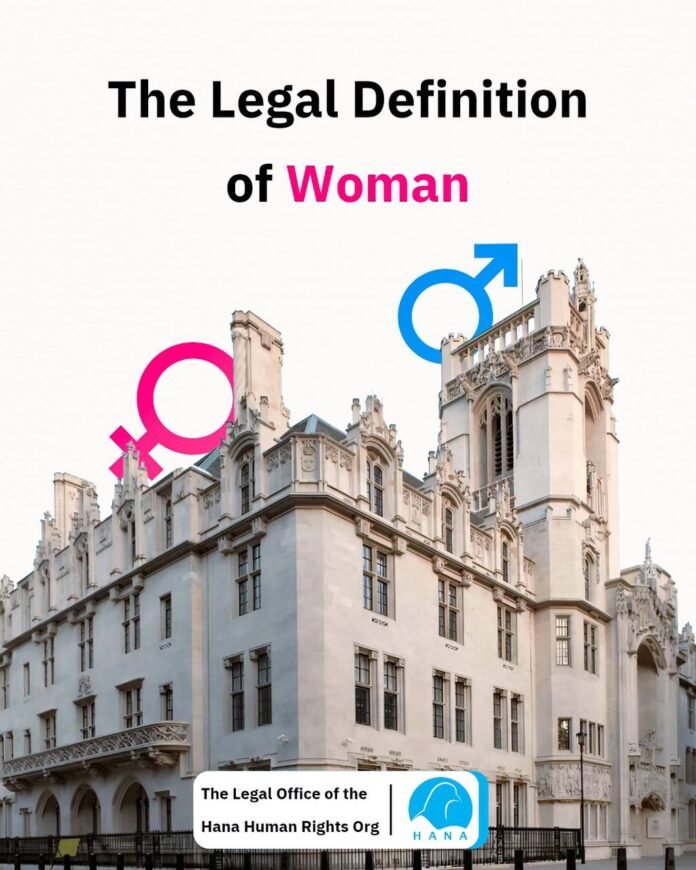A Reflection on the Ruling of the UK Supreme Court Regarding the Legal Definition of “Woman”
On April 16, the UK Supreme Court, following a complaint filed by a group of women’s rights activists in Scotland (For Women Scotland), issued its legal definition of “woman” and clarified who, from a legal perspective, is considered a woman.
The Court, in a unanimous decision, ruled that “regardless of any gender reassignment or possession of a Gender Recognition Certificate, a person is considered a woman only if they were biologically defined as female at birth.”
According to the Court’s legal interpretation, transgender individuals are excluded from the legal definition of “woman.” Consequently, under this definition, transgender people are not entitled to the specific legal protections granted to women under the Equality Act 2010.
The Supreme Court’s clear and explicit definition — given its position as the highest judicial authority in Britain, whose rulings form part of the law under the UK legal system — has provoked diverse reactions in academic and theoretical debates around “sex” and “gender.” The Court explicitly emphasizes the fundamental distinctions between the concepts of “man,” “woman,” and “sex,” and does not include transgender women, as commonly referred to in academic and medical literature, within the legal definition of “woman.”
One significant legal consequence of this ruling is the Court’s emphasis on safeguarding women in single-sex environments, legally excluding transgender individuals from accessing women-only spaces.
A number of women’s rights activists in the UK have hailed this decision as a legal victory in protecting the biological and historical concept of “woman” and maintaining exclusive protections for women.
In contrast, transgender rights activists have expressed concern, viewing the ruling as a step toward further marginalization and harassment of transgender individuals.
It is worth noting that Iranian legal and judicial discourse, due to its rigid and unchanging perspectives on concepts of sex and gender, suffers from a profound deficiency in addressing such complex issues, which can deeply affect individuals’ daily lives.
In this regard, the Legal Office of Hana is committed to producing content and examining the latest legal and judicial developments around the world, aiming to highlight and address these important issues.

